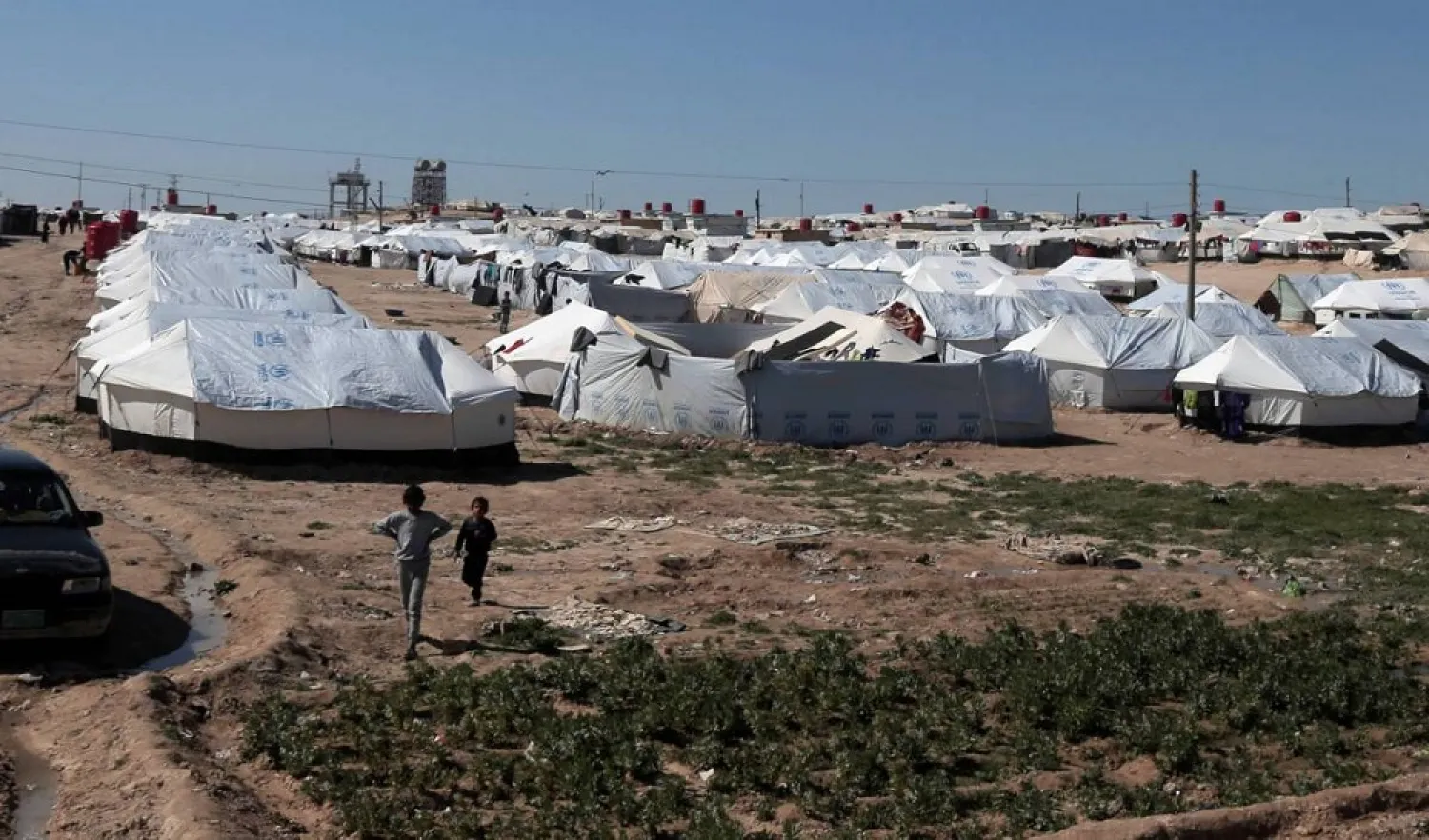Seven children were killed in a Syrian camp for displaced people, mainly ISIS relatives, due to poor health and living conditions in the camp.
Known as the al-Hol “statelet”, the camp was originally set up to accommodate a maximum of 20,000 people, yet it has seen a significant influx reaching 73,000 since the December 2015 campaign against ISIS by the Syrian Democratic Forces.
The Syrian Observatory for Human Rights reported that seven children have died inside the camp, which is located in al-Hasaka province, because of poor health and living conditions, lack of medicines and food, and acute shortage of medical care.
It noted that international organizations are doing nothing to help ease the suffering and catastrophe in the camp, which has become one of the largest in the areas east of the Euphrates and throughout Syria.
With that, the number of deaths in the camp rose to 235.
Reliable sources told the Observatory that if patients cannot be treated in al-Hol camp, “they are transferred to al-Shaab and al-Hikmah hospitals in al-Hasaka and Farman Hospital in Qamishli.”
Sources from inside the camp confirmed to the Observatory that the people are suffering mainly from a lack of medical supplies, healthcare and support by international organizations and decrease in food supplies.
The Observatory reported that the residents of al-Hol are civilians and family members of ISIS fighters and leaders. Among them are 12,200 Iraqi families that comprise 32,200 children, women and some males, as well as thousands of families of different nationalities from western, European, Asian, north African and other nationalities. The rest are Syrian.
On Monday, France’s Foreign Minister Jean-Yves Le Drian recently announced that Paris will allocate humanitarian aid worth one million euros to refugee camps in northeastern Syria, especially al-Hol.
The camp has been described by residents and international organizations as a humanitarian hell-scape, lacking basic accommodation and medical facilities, said AFP.
According to Save the Children, some 30 percent of children under the age of five screened at the camp since early February suffer acute malnutrition.
The World Food Program says it has recorded several cases of dehydration and diarrhea.









